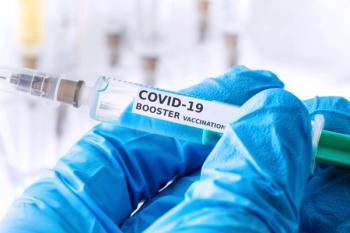
Booster doses of the Pfizer-BioNTech COVID-19 vaccine were shown to provide greater protection against infection than the 2 dose primary regimen alone, according to a study of health care workers in Israel.

Booster doses of the Pfizer-BioNTech COVID-19 vaccine were shown to provide greater protection against infection than the 2 dose primary regimen alone, according to a study of health care workers in Israel.

Gilead’s remdesivir was granted expanded FDA approval to treat non-hospitalized adult and adolescent patients at high risk of severe or fatal COVID-19 disease progression.

Providers of patients with HIV should have greater sensitivity to symptoms of heart failure, the study authors suggested.
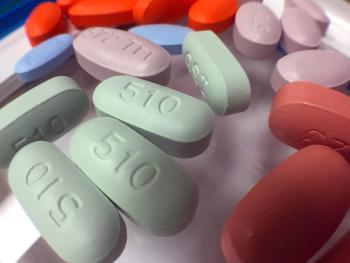
The study authors observed reductions in three types of orphanhood, including paternal-only, maternal-only, and double orphanhood.

A recent study in Australia highlights the risk of severe influenza disease in infants younger than 6 months and the need for preventative measures to protect this vulnerable population.
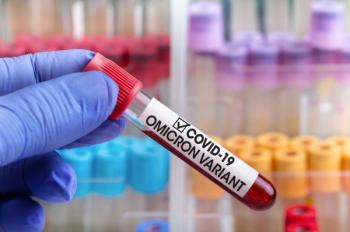
A third dose of the Pfizer-BioNTech or AstraZeneca mRNA COVID-19 vaccines produced sufficient neutralizing antibody titers against the Omicron variant.

Former members of the Biden transition team recommend accepting that the virus is here to stay.

More than 1.2 million people were estimated to have died in 2019 as a direct result, and that antimicrobial-resistant infections played a role in millions more.
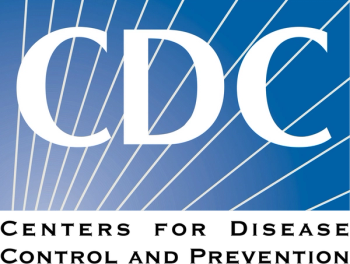
The CDC reported that post-infection immunity paired with COVID-19 vaccination was very protective against the Delta variant.
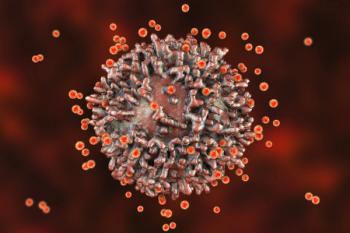
“Memory” CD4+ and CD8+ T cells may explain why Omicron causes less severe disease than previous COVID-19 variants.
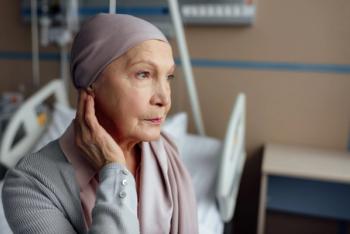
For already-vulnerable cancer patients, a COVID-19 diagnosis is especially concerning. A new study reveals that when it comes to disease outcomes, geographical location is not a factor—but individual cancer centers can make a difference.

As global health leaders discuss the best long-term strategy for COVID-19 vaccines and boosters, consensus is emerging that repeated boosters of current vaccines within short intervals is not sustainable.
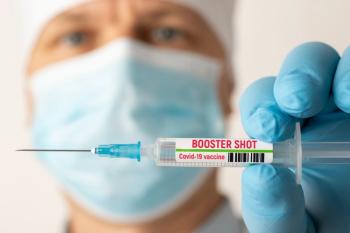
An Israeli study is the first to administer 4 COVID-19 shots, but the boosted antibodies may still not be enough to prevent Omicron breakthrough infections.

In utilizing a modeling study, investigators estimated reductions in HIV incidence rates as well as PrEP usage rates and viral suppression across US cities over 10 years.
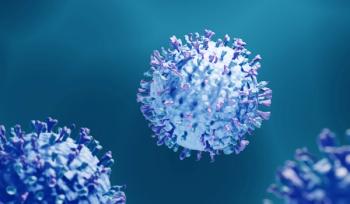
Eliminating the NS2 viral protein of Respiratory Syncytial Virus (RSV) helps the body to destroy the virus before it causes severe inflammation.
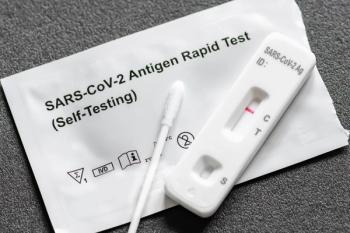
Study finds high false positive results with one batch of a rapid antigen test for SARS-CoV-2 but "very low" overall false positive rate.

A study adds to the growing list of trials assessing convalescent plasma in COVID-19 to yield mixed results.

People who vape with e-cigarettes and contract COVID-19 are significantly more likely to experience symptoms.

Telemedicine, virtual health consultations, may help increase access to care among under-resourced demographics during the COVID-19 pandemic.

A predictive tool, POC Advisor, has been developed to support faster diagnosis and intervention of this dangerous condition.
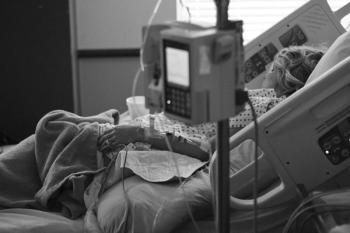
Implementation of CMS Severe Sepsis and Septic Shock Management Bundle did not reduce mortality rates in study of 114 hospitals.

Key signs and symptoms to help distinguish between the 2 respiratory illnesses.

Even if they did not experience severe symptoms, unvaccinated people who contract COVID-19 while pregnant are more likely to have poor birth outcomes.
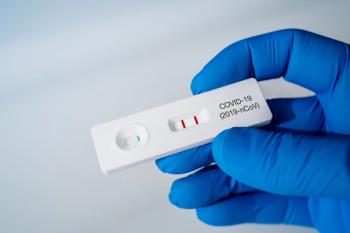
Over 1 in 10 people may harbor infectious and transmissible COVID-19 virus after the recommended 10-day quarantine period.
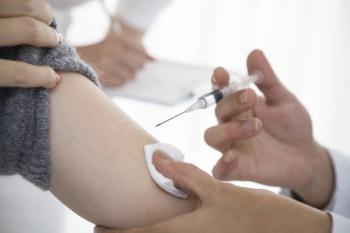
A new study sought to address the association between a usual source of care and influenza vaccination rates among pregnant women.

COVID-19-infected people experiencing incarceration or homelessness in the US had higher rates of hospitalization and readmission than the general population.

Pfizer reports positive top-line results from a phase 3 study that simultaneously administered Prevnar 20 and its COVID-19 vaccine in older adults.
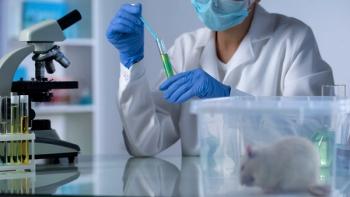
Investigators used an updated “kick and kill” strategy to expose and eliminate dormant infected cells in HIV-positive mice.

A model simulated the efficacy of the US’s COVID-19 vaccine rollout, measuring its correlation with reduced hospitalizations and deaths.

No influenza-related hospitalizations of children were found in a nationwide study of the impact of the COVID-19 pandemic on the 20/21 flu season.